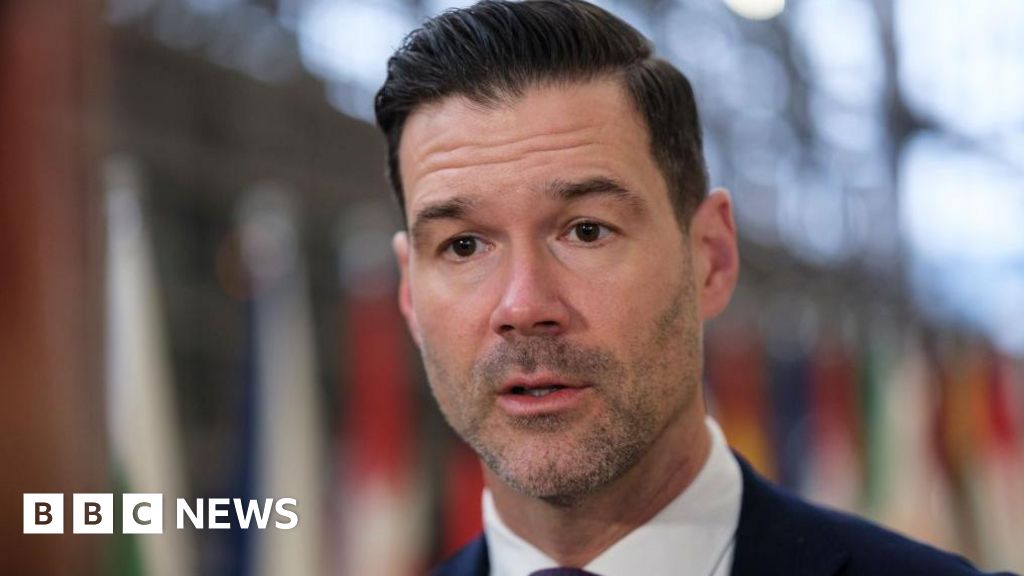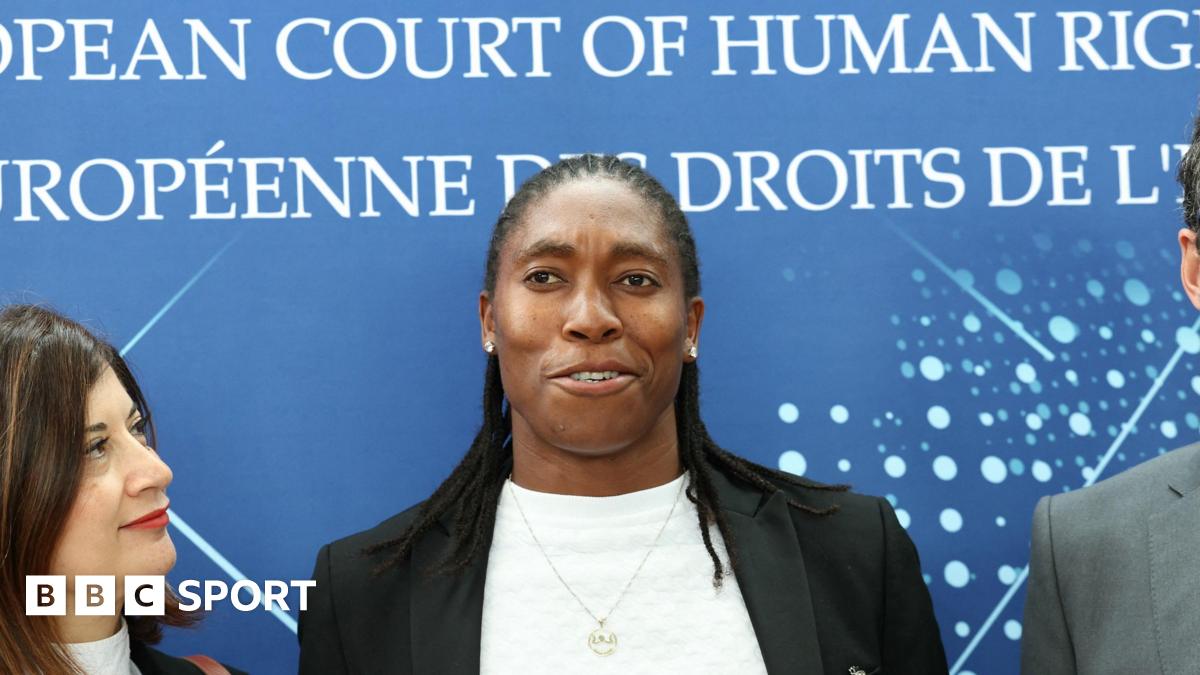Chartered Professional Accountants (CPAs) are “uniquely positioned” to fill the trust gap in AI, according to a joint publication from CPA Canada and the American Institute of CPAs (AICPA).
The findings come from the third and final paper in CPA Canada and the AICPA’s AI series, called Closing the AI trust gap: The role of the CPA in AI assurance.
As AI becomes more integrated into daily life, concerns about privacy, bias, and misuse are increasing. The paper highlights how CPA-led assurance services can address key AI risks.
Independent assurance, a long-standing service provided by CPAs in high-risk areas, is one of the most effective ways to build trust.
CPA Canada AI expert and co-author of the paper Melissa Robertson said: “Confidence in AI is not just about easing public concern, it is essential to reducing the risk of financial loss, regulatory penalties and reputational damage.
“These risks are especially high in Canada, where AI literacy ranks among the lowest in the world.”
Assurance offers third-party validation that complex systems are designed and operating as intended, and this expertise is now being extended to AI.
“We have well-established processes, professional standards and tools to ensure quality,” Robertson added.
“As a regulated profession grounded in trust, CPAs bring the skills, oversight and objectivity that AI systems demand.”
CPAs apply assurance and compliance frameworks to help organisations assess essential technologies, including HR platforms, financial systems, and cloud-based storage services.
These evaluations utilise CPA auditing practices and tools such as the system and organisation controls (SOC) suite, addressing areas such as security, privacy, and reliability.
“Most organisations already rely on SOC reports to validate their systems,” according to Robertson.
“Now we are seeing growing demand from major players for the same level of assurance around AI. Today, many CPA firms are still exploring AI assurance as a service—tomorrow, they will be delivering it.”
The Future Ready Accountant Report by Wolters Kluwer Tax & Accounting in February 2025, revealed that AI is expected to significantly impact the accounting profession.
However, it is not yet a top strategy among firms identifying as innovators or early adopters.
Only 27% of tax and accounting professionals currently use Generative AI, with 22% planning adoption within the next year.
Despite AI’s potential benefits, such as task automation and cost reduction, concerns about data security, accuracy, and implementation costs persist.
Source link















